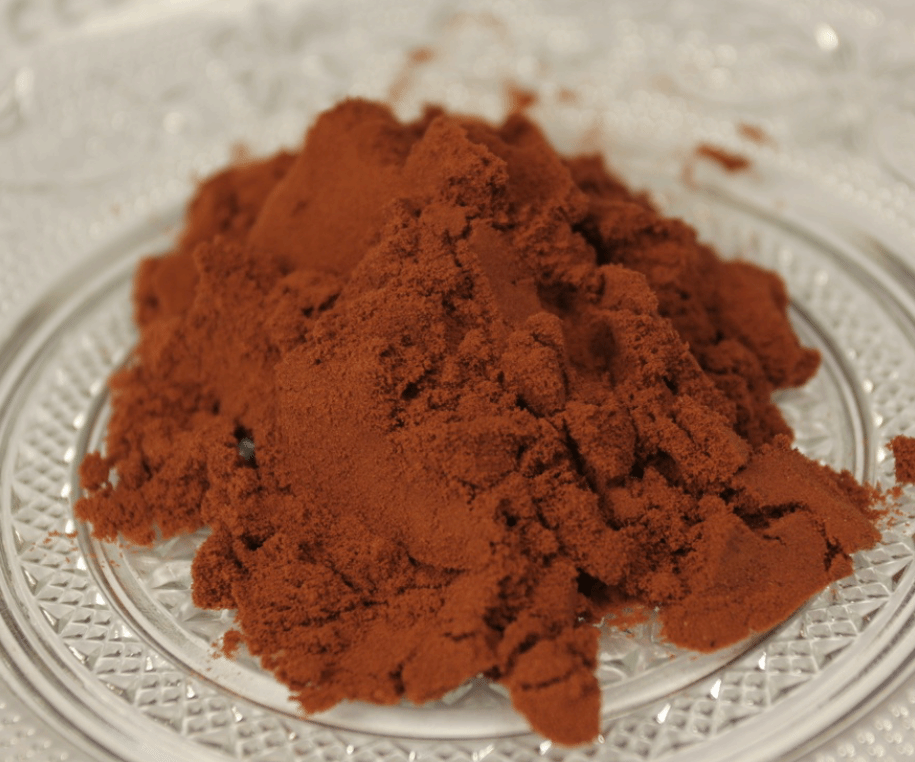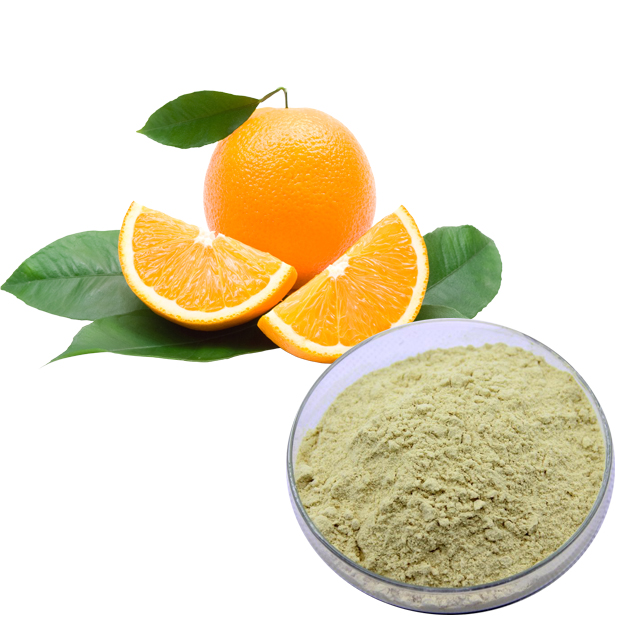Nutritional Value and Health Benefits of Lycopene
Lycopene is a natural pigment found in plants and is one of the most powerful antioxidants discovered in nature. It is primarily found in the ripe fruits of Solanaceae plants, such as tomatoes. Scientific research has demonstrated that singlet oxygen and oxygen free radicals in the human body are the main culprits in damaging the immune system. Lycopene's ability to scavenge free radicals far surpasses that of other carotenoids and vitamin E, being 100 times more effective than vitamin E. This makes it highly effective in preventing and treating various diseases caused by aging and reduced immunity.

Functions of Lycopene
Lycopene has a wide range of functions, with the most notable being the prevention and protection of the prostate, enhancing sperm vitality and concentration, and improving infertility issues. Medical researchers have found that men with low sperm vitality tend to have lower levels of lycopene in their blood, which is one of the reasons for poor sperm quality. A systematic review and meta-analysis of 42 studies involving nearly 700,000 individuals showed a significant correlation between dietary intake and circulating levels of lycopene with prostate health. Lycopene supports healthy cell growth and DNA health, which is directly related to its support of prostate health. In a clinical trial involving men, taking lycopene supplements twice daily for three weeks promoted prostate health and reduced levels of biomarkers such as PSA (prostate-specific antigen). Another clinical study found that the Men's Bladder Control supplement, containing 15 mg of lycopene, effectively supported healthy bladder function at night.
Lycopene's UV Protection
Lycopene can combat UV damage. Related experiments have shown that researchers supplemented 28 mg of beta-carotene and 2 mg of lycopene to 10 healthy individuals for 1-2 months. The results indicated that the area of erythema caused by UV exposure was significantly reduced in those taking lycopene, and the severity was greatly diminished.
Benefits of Lycopene for Cardiovascular Health
In the development of atherosclerosis, a crucial factor is the oxidation of lipoproteins in the vascular endothelium. Lycopene plays a significant role in reducing lipoprotein oxidation. Studies have reported that oral intake of lycopene can reduce serum cholesterol to below 5.20 mmol/L. Lycopene is commonly used in the prevention and treatment of hypercholesterolemia and hyperlipidemia, effectively inhibiting the progression of cardiovascular diseases.

Distribution and Comprehensive Effects of Lycopene in the Body
Lycopene is absorbed through the digestive mucosa into the blood and lymphatic systems, distributing to the testes, adrenal glands, pancreas, prostate, ovaries, breasts, liver, lungs, colon, skin, and various mucous tissues. It promotes hormone secretion by the glands, maintains high energy levels, and eliminates free radicals from these organs or tissues, protecting them from damage and thus enhancing the body's immunity.
Contact:James Yang
Tel/WhatsApp: +8619992603115
WeChat:19992603115
Email: sales@xabcbiotech.com











